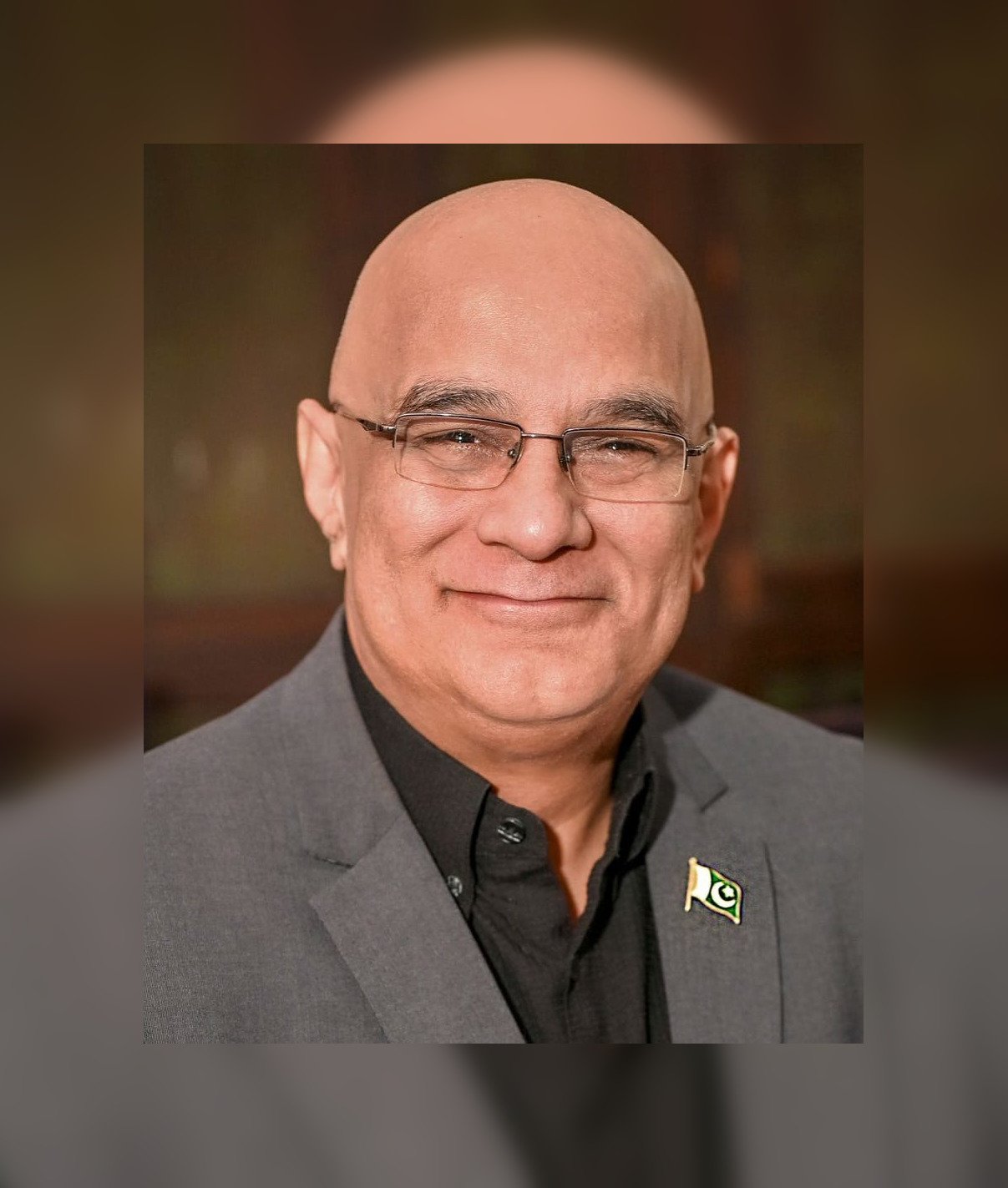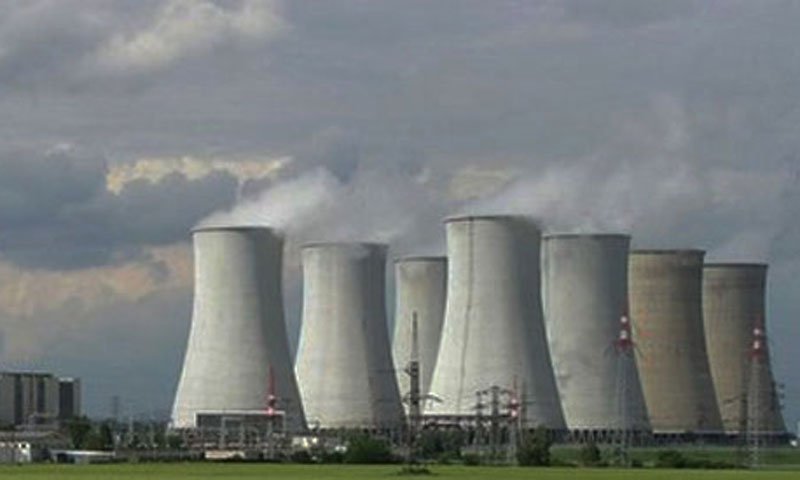Imran Shauket
Overwhelming majority of Pakistanis are a hospitable, loving, accepting and tolerant people. Pakistan’s flag is one of the few in the world that clearly defines the space for Muslims (green) and the minorities (white). Contrary to this reality and because of the actions of very few misguided people, Pakistan is perceived as an intolerant and fundamentalist country by a majority of the world. And this perception, combined with the perception of terrorism is hurting Pakistan’s image in the world, thus impacting tourists as well as investors. This needs to be changed and we are capable of doing it!
Two largest factors for the optimism are the fact that Pakistan is projected to be 400 million people in 15 years, i.e. the third largest country in the world. And, concurrently, we will become the 14th largest economy of the world at $4.5 trillion (GDP-PPP). Being the third largest country by population and the 14th largest economy by size, Pakistan will be seen as a leader of the world’s 200 countries, and we will be expected to act like one. And, as a leader, first and foremost, Pakistan will be gauged on how it treats its citizens, particularly the minorities. Inclusion and interfaith harmony will be one of the attributes that Pakistan will be gauged against, as it should be. A leading country of the world needs to be a just leader for all of its citizens regardless of race, religion, color, creed or gender. And to get there, we have our work cut out, yet it is very doable.
As a small step towards religious understanding, an insightful and thought provoking “Exchange on Inter-Faith Harmony” took place in Islamabad at the residence of an Ambassador. The array of guests came from every community including Muslim, Christian, Hindu, Sikh, and Bahaii. Buddhist heritage was also represented at this event. The participants were some of the notables of Pakistan including a senator, parliamentarian, religious leaders, lawyers, prominent philanthropists and social activists. It was a perfect example of the diversity of Pakistan and how the diversity can voice their opinion, agree on the universal concept of acceptability, inclusion and tolerance and intermingle with love towards each other for many hours. For Pakistan to move forward towards the goal of “Inter-faith harmony”, it is accepted that many steps need to be undertaken. Let us note a few of them as follows.
Education curricula has to be carefully reviewed to ensure that acceptability and care for the various beliefs and faiths is taught, not division and historic animosities. Second, the similarities in the teachings of the religious leaders have to be highlighted, not the differences in dogma.
We need to focus on our youth and teach them the virtues of religious harmony and love. Pakistan is a nation of 60% youth, which will surpass 200 million by 2050. Hence, youth need to be a prime focus, and champions of change.
The laws of Pakistan need to be reviewed and revised. Minorities need to be treated as fully equal citizens of Pakistan. It is surprising to hear that a Christian of AJK can only be buried in a Christian cemetery in mainland Pakistan since there are no Christian cemeteries in AJK and neither allowed by their law.
There should be zero tolerance for hate speech, whether that is in on the street, schools, offices, politics or places of worship. Too many innocent people have lost their lives or churches burnt due to the misdirected anger of the mobs enticed by some self-serving individuals.
Finally and most importantly, to accomplish interfaith harmony, Pakistan needs to launch a massive “mindset and behavior change” campaign with messaging on religious freedom and acceptance from the Holy Prophet (Peace Be Upon Him), Quaid-e-Azam, and other leaders of Islam, Pakistan and other faiths. We should also teach our nation the commonality of teachings and messages of the religious leaders over time, and not focus on the differences in practices.
The writer is a former Senior Advisor to the Government and a sector development specialist. He is also a promoter of Pakistan and its Buddhist heritage.






